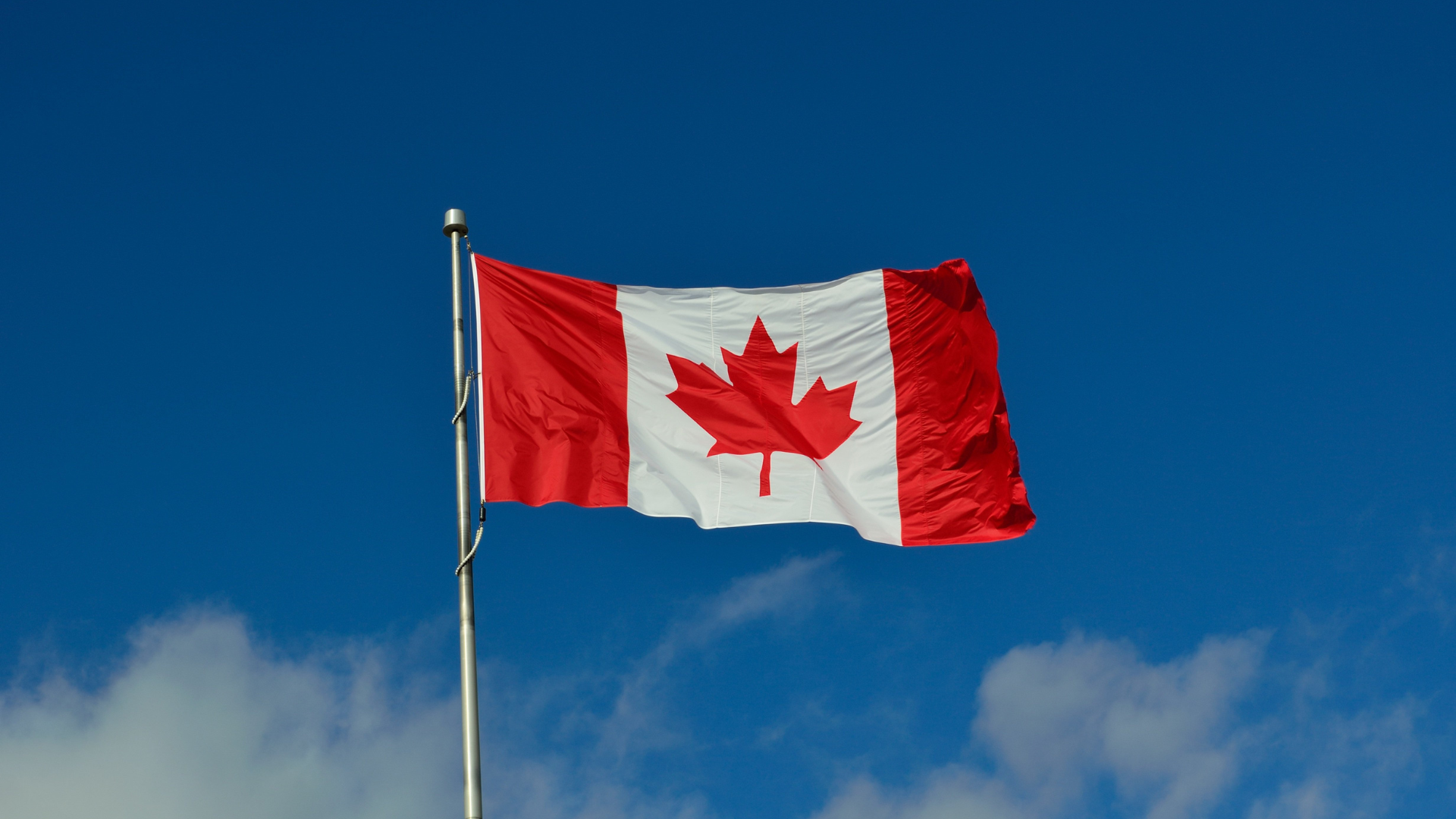Ban on Flagpoling Comes Into Effect: What Newcomers Need to Know

Starting December 23, 11:59 PM, the Canadian government has
officially banned the practice of flagpoling. This change significantly impacts
temporary residents in Canada, such as those holding work or study permits, as
they can no longer receive same-day immigration services at the border.
What Does This Mean for Temporary Residents?
Temporary residents who need to extend their stay in Canada
must now submit their applications directly to Immigration, Refugees, and
Citizenship Canada (IRCC). Same-day processing at border crossings is no longer
an option, except for specific groups.
Who Is Still Eligible for Border Processing?
While most newcomers will need to follow the new rules,
there are exceptions. The following individuals can still access immigration
services at the border:
- U.S.
Citizens or Lawful Permanent Residents
- Professionals
and Technicians under Free Trade Agreements (FTAs):
This includes agreements with the United States, Mexico, Chile, Panama,
Peru, Colombia, and South Korea.
- Spouses
or Common-Law Partners of Professionals and Technicians under FTAs:
Specific agreements with Panama, Colombia, and South Korea apply.
- International
Truck Drivers: Those who hold a work permit, need to
leave Canada as part of their employment, and have maintained status
through a renewal application.
- Individuals
with Pre-Existing CBSA Appointments: Those with prior
appointments for permit processing are also exempt.
Why Has Flagpoling Been Banned?
Immigration Minister Marc Miller announced the decision on
December 17, highlighting the need for improved efficiency and border security.
The Canadian Border Services Agency (CBSA) and IRCC cited the heavy resource
burden caused by flagpoling, which has processed over 69,300 cases between
April 2023 and March 2024.
Minister Miller emphasized the importance of maintaining
strong Canada-U.S. relations and ensuring secure borders. He stated, “This
change will ease border congestion, improve fairness for applicants, and
enhance the efficiency and security of our borders.”
Understanding Flagpoling
Flagpoling was a process that allowed newcomers to leave
Canada and immediately re-enter at a port of entry to receive same-day
processing for their work or study permits. It provided a faster alternative to
the standard online application process. However, as of today, this option is
no longer available.
What Should You Do Next?
If you are a temporary resident in Canada needing to extend
your work or study permit, consult an experienced immigration representative
for guidance. They can help you navigate the application process through IRCC
and ensure you meet all the necessary requirements.
By adapting to these changes, newcomers can avoid delays
and ensure their immigration applications proceed smoothly under the new rules.






